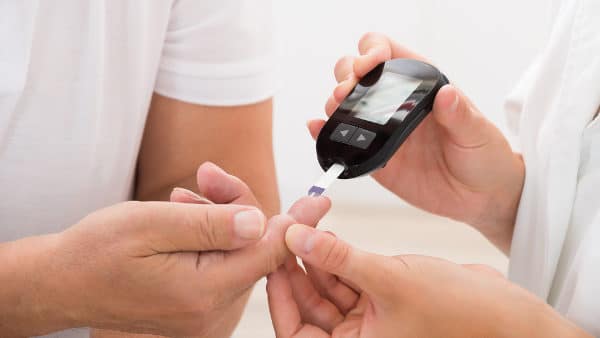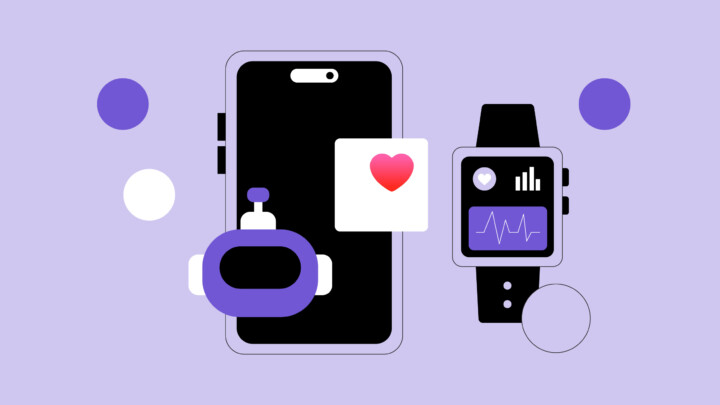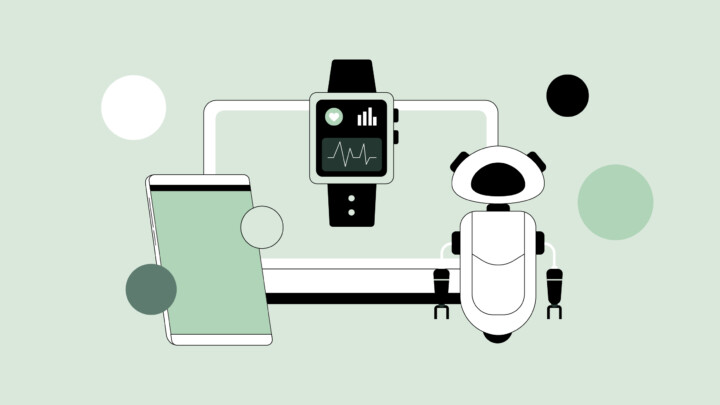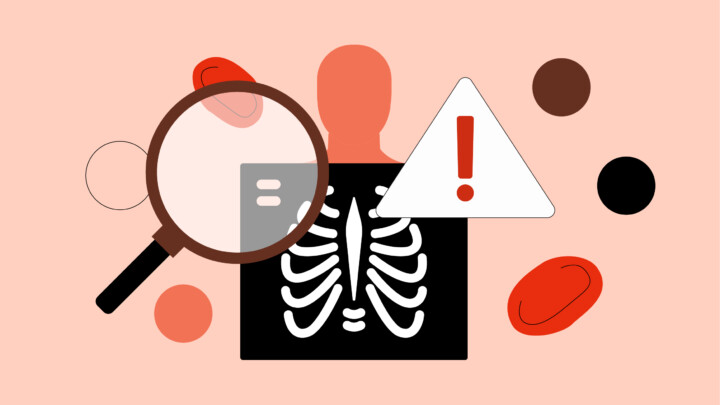
Digital therapeutics, unlike standard health apps (i.e., weight loss, step counting, and hydration apps), are evidence-based therapeutic interventions driven by high quality software programs to prevent, manage, or treat a medical disorder or disease. These software programs are meant to replace or complement existing treatment of a disease.
Some examples:
- AsthmaMD: the application for monitoring asthma
- Chronic Kidney Disease application: used as an aid to the care of patients with Chronic Kidney Disease (CKD)
- Besafe: an application for preventing suicide of children or adolescents
Digital therapeutics programs may even help with physician workload by allowing patients to use these software technologies for help on a regular basis, helping decrease the volume of doctor appointments needed. Patients can also come to appointments more prepared, powered with data and analytics around their condition.
So how are these new technologies being leveraged in the real world? Check out our physician poll results below!
How familiar are you with digital therapeutics? (n=686)
- 56% say somewhat
- 28% say not at all
- 16% say very
Do you recommend digital therapeutics to your patients? (n=422)
- 56% say no
- 44% say yes
Do you think digital therapeutics has the potential to ease physician workload? (n=336)
- 73% say yes
- 27% say no
Do your patients discuss digital therapeutics they use with you? (n=262)
- 53% say no
- 47% say yes
Do you think digital therapeutics has the potential to help patients take greater control over their health? (n=235)
- 90% say yes
- 10% say no
What are physicians saying?
“I think that in order for there to be a diffusion of digital therapies equal to that of current drugs, changes in the entire health supply chain are necessary. First of all, a change in the approach of doctors to data regarding the health status of patients is necessary. For example, many digital therapy apps and software are based on monitoring the patient’s symptoms. These data are often considered more of a nuisance than a help. It is therefore necessary that doctors learn to evaluate these data as useful information and use them also using analytical software.
From the patient’s point of view, it is important that the adoption of these new therapies is reimbursable, but this depends essentially on the type of result that can be achieved by adopting the new therapies. In general, the insurtech sector tends to reimburse those therapies that ensure better management of health conditions and / or help to better control their own pathology. Although in the case of a patient suffering from chronic disease, side effects can occur many years after the onset of the disease and therefore are not covered by the insurance system.”
-Sermo Oncologist
“It is a double edged sword. While there is potential to make things better- they can also cause a lot of anxiety and distress to patients.”
-Sermo Pediatrician
“Digital therapy has evolved from being a futuristic support to a health care solution where it will be used every day by the patient and doctors alike, but always advised by the doctor. If I have recommended these programs to patients for example in the problem of diabetes to improve their quality of life and improve the results of their disease. Also for mothers about breastfeeding, importance, immunizations, etc. It has helped me to reduce the burden, since sometimes we don’t have time to talk about the prevention and quality of life of the patient.”
-Sermo General Practitioner
Our takeaways on Digital Therapeutics?
- Benefits: Digital Therapeutics has been effective in helping patients become more active participants in their own care and can strengthen the patient-physician relationship by complementing the care provided by the physician.
- Areas of improvement: There is still a long way for this technology to go to really integrate into and transform the healthcare system, and Digital Therapeutics has been seen to cause patient anxiety in certain situations.
Check back for more insights on how technology is transforming care in the real world.
Source: Sermo Poll, September 2019














